Millions in the party, with fringe benefits for all
Despite its 91.91m members, the Chinese Communist Party is an exclusive club, only open to those who pass an arduous process.

Despite having amassed 91.91 million members, the Chinese Communist Party is an exclusive club, offering a suite of benefits to those who pass the arduous application process, but also the expectation of unwavering loyalty.
While about 6.6 per cent of China’s population were members in 2019, gaining admission to the party has become tougher, reflecting President Xi Jinping’s crackdown on ostensible opportunism, seeking unqualified party loyalty, rather than people looking for a pay raise.
University of Sydney professor in Chinese studies Yingjie Guo said joining the CCP was vital for anyone who had aspirations of getting ahead. “If you want to have a good opportunity within the system, that is the party and state system, you still need to be a party member,” Professor Guo said.
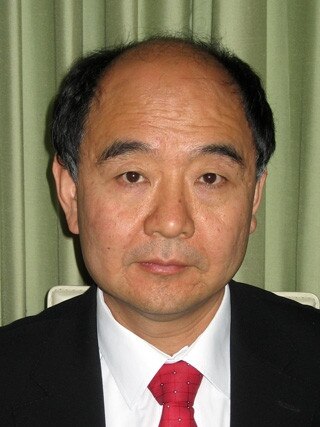
“If you say, I want to be an official, I want to be promoted, I want to be a party secretary, I want to be a mayor of a city, then any young man or young woman who has aspirations like that, one of the first things to think about is, ‘OK … I need to join the party and prepare myself for that sort of future’.”
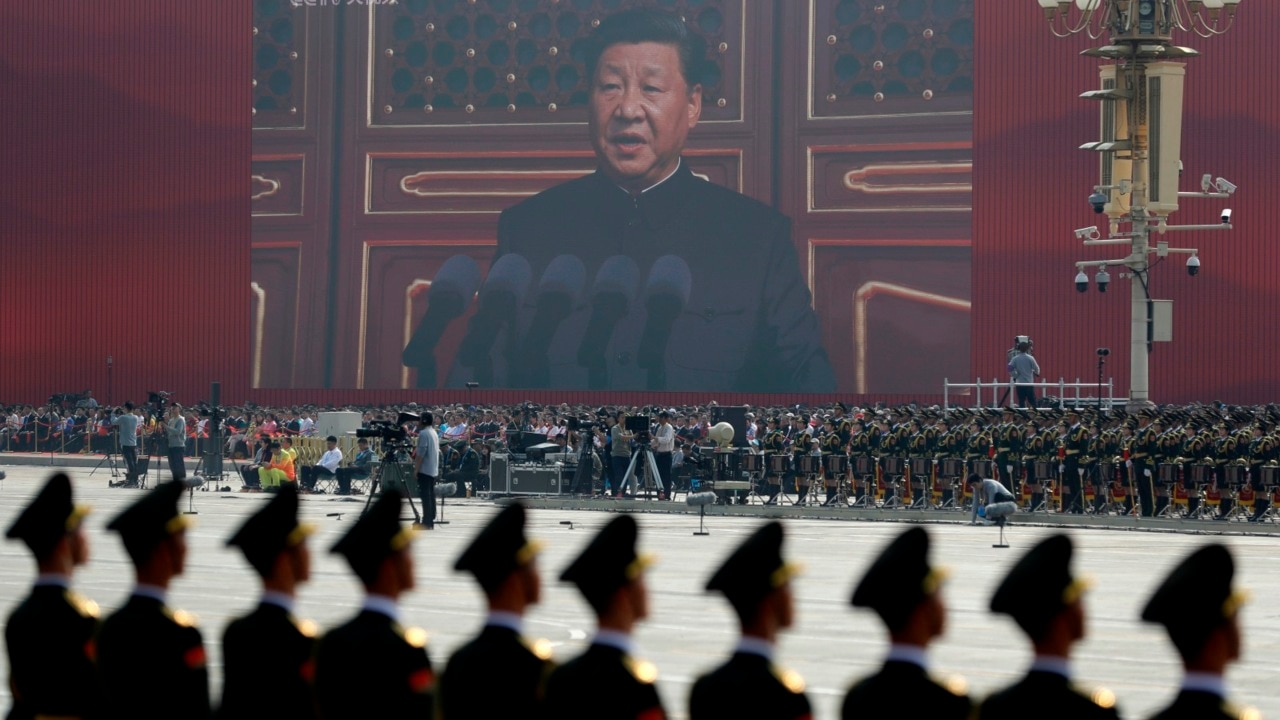
After Mr Xi’s crackdown on corruption, said ANU professor Graeme Smith, the advantages for members were less clear-cut than they used to be, but the party network still offered a form of “political insider trading”.
“It opens opportunities through the proximity of power. They tend to know about things before they happen,” Dr Smith told The Australian.
Applications for the CCP begin with a handwritten letter, detailing the applicant’s studies or employment, dedication to the CCP and understanding of the party’s history.
After a secretive and robust screening process, in which the party interviews close contacts of the candidate, applicants are required to undertake a two-hour examination, testing their knowledge of Marxism, Mao Zedong’s thoughts and other ideological tenets of the CCP.
Upon approval, new members recite the five verses in the admission oath, vowing to “strictly observe party discipline” and “guard party secrets”.
They also vow to “fight for communism throughout my life, be ready at all times to sacrifice my all for the party and the people, and never betray the party”.
However, even for those with no political aspirations or ideological beliefs, joining the CCP provides lifelong safeguards.
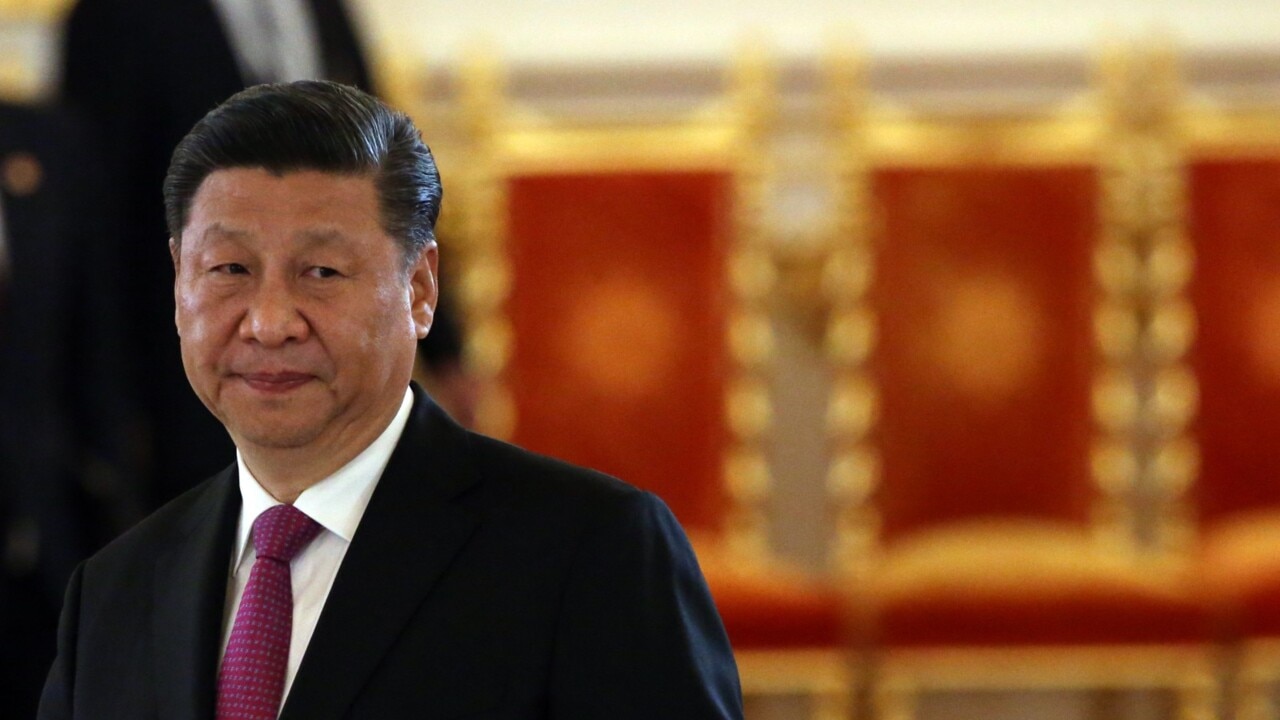
“Nobody is secure in the PRC (People’s Republic of China). Private entrepreneurs are not secure. You need to get in the good books, you want to be showing that you are loyal to the party, although you might not agree to the ideology, or indeed the party itself,” Professor Guo said.
“But you need to play the game, and you need to be seen as one of them, you need to follow the party — whatever the policy is — it’s a good idea.”


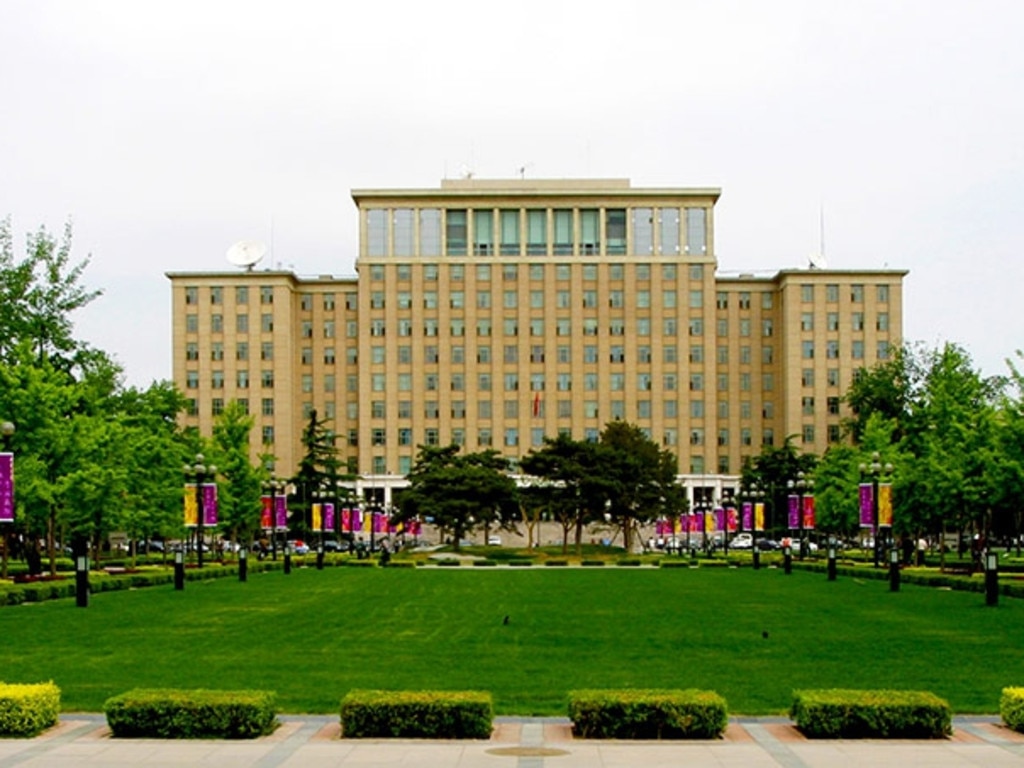

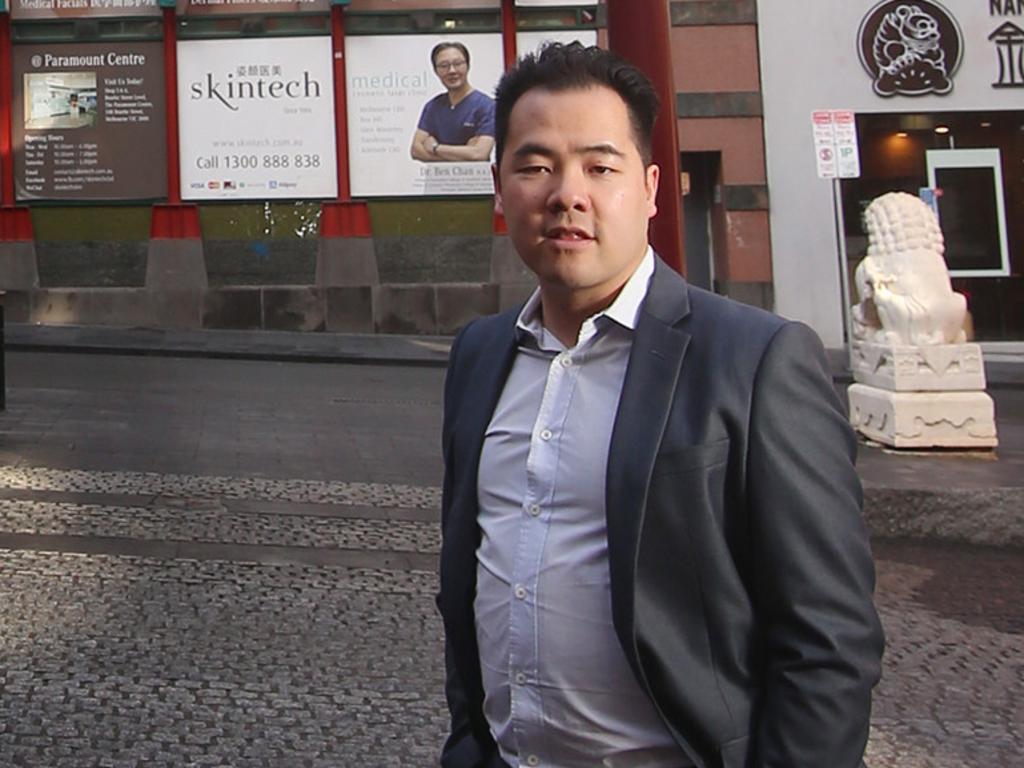


To join the conversation, please log in. Don't have an account? Register
Join the conversation, you are commenting as Logout